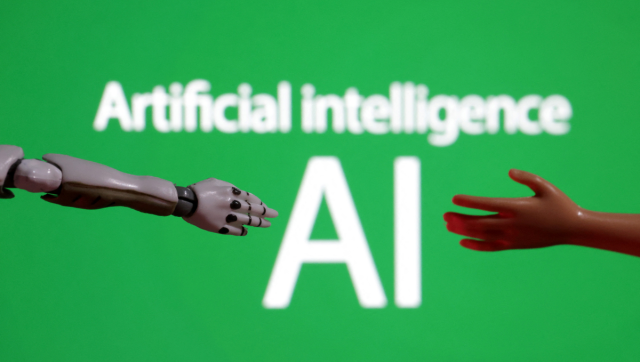In a milestone move, England’s ancient legal system, rooted in traditions like wig and robe attire, has cautiously embraced artificial intelligence (AI) for crafting judicial opinions. As per reports, The Courts and Tribunals Judiciary recently granted judges permission to utilize AI, emphasising its role in opinion writing while cautioning against its application in research or legal analysis due to potential fabrication of information. Master of the Rolls Geoffrey Vos, the second-highest-ranking judge in England and Wales, asserted that judges could cautiously employ AI but emphasised the need to safeguard confidence and personally assume responsibility for their outputs. As debates surrounding the potential replacement of lawyers by AI persist, legal scholars lauded this restrained approach. Acknowledging the rapidly advancing technology, legal experts praised the guidance issued by England and Wales, positioning them at the forefront of global efforts to address AI in the judiciary. This move follows previous initiatives, including a five-year-old ethical charter by the European Commission for the Efficiency of Justice, which addressed core principles like accountability and risk mitigation. While the U.S. Supreme Court Chief Justice John Roberts has discussed AI’s pros and cons, the U.S. federal court system lacks comprehensive AI guidance. According to a legal professor Cary Coglianese, the guidance for England and Wales represents one of the first published sets of AI-related guidelines in the English language, providing direction to judges and their staff. Giulia Gentile, a lecturer at Essex Law School, commended the courts for accepting AI while expressing concerns about accountability mechanisms. Despite considering the guidance useful, Gentile questioned its enforceability and the absence of specific details on oversight and sanctions. The guidance underscores the court’s acceptance of technology but highlights its limitations and potential pitfalls. Notably, it issues warnings about the use of chatbots, referencing a case where New York lawyers faced fines for relying on ChatGPT to draft a legal brief that included fictional cases. Judges were cautioned against sharing private or confidential information with public AI chatbots. The guidance recognizes AI’s utility for judges with heavy caseloads, suggesting its use for background material, summarization of known information, and quick access to familiar content. However, it advises against relying on AI for unverified information or comprehensive analysis, emphasizing that judges should retain personal responsibility for their decisions. Despite the cautious stance, Appeals Court Justice Colin Birss praised ChatGPT for aiding him in writing a paragraph for a ruling, highlighting its usefulness within known legal domains. The guidance reflects a pivotal moment in the intersection of traditional legal practices and evolving AI technologies. (With inputs from The Associated Press)
As per reports, The Courts and Tribunals Judiciary recently granted judges permission to utilize AI, emphasising its role in opinion writing while cautioning against its application in research or legal analysis due to potential fabrication of information
Advertisement
End of Article


)

)
)
)
)
)
)
)
)



